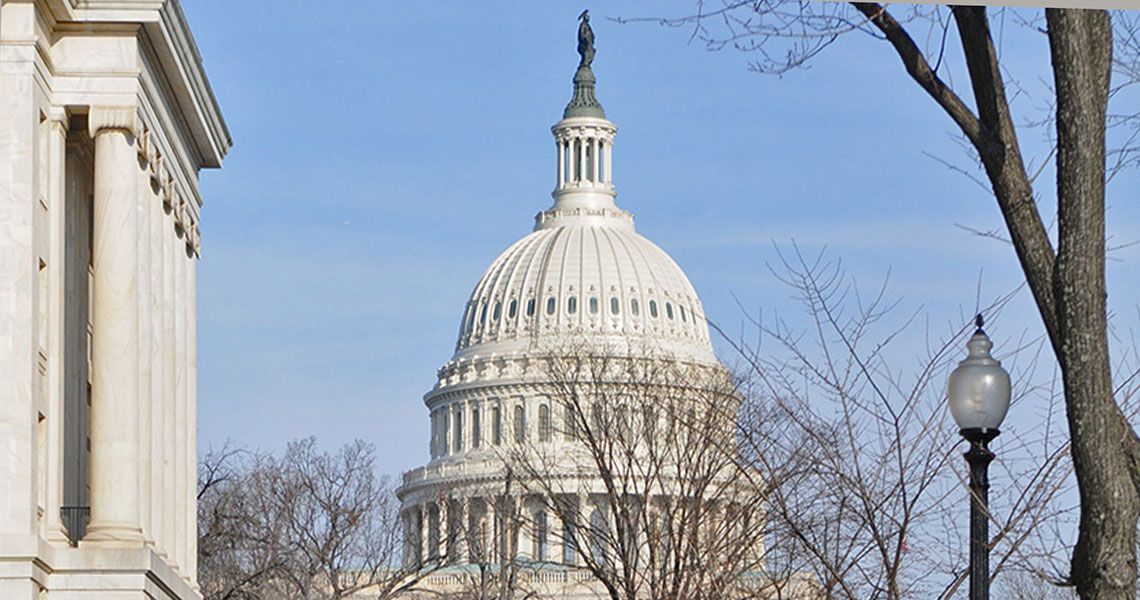Panel sessions and discussions held on Capitol Hill in mid-April as part of George Washington University’s (GW) 17th Annual Health Policy Grand Rounds focused on topics including emergency care’s role in the health care delivery system, pharmaceutical pricing, and physician advocacy.
“It was fascinating because a lot of these discussions, when we talk about them in this setting, help give us more breadth to understanding hot topic issues occurring in health care,” said attendee Allen Wang, M.D., first-year emergency medicine resident.
The event is geared toward residents in the emergency medicine department, as well as faculty and fellows, according to Janice Blanchard, M.D., M.P.H., chief of the Section of Health Policy and associate professor of emergency medicine at the GW School of Medicine and Health Sciences (SMHS).
It allows SMHS residents to go to the Hill, and see first-hand where policy decisions are being made and participating in important discussions, she said.
“It gives [residents] a chance to go to Grand Rounds in a different setting [and discuss] topics that aren’t purely clinical but still impact their clinical work,” Blanchard added. “Often policy decisions aren’t being made by anyone in the medical community, so it’s disjointed in terms of people who practice medicine and people who make policy about medicine. They are often two separate entities, so it’s really important to bring both groups together.”
The April 12 event included discussions from Brendan Carr, M.D., associate dean of health care delivery innovation at Thomas Jefferson University and director of the Emergency Care Coordination Center in the Department of Health and Human Services Office of the Assistant Secretary for Preparedness and Response; Robert Canning, J.D., associate at Latham and Watkins; and Oliver Kim, J.D., executive director of Cross Border Health Dialogue; Michael Ybarra, M.D., deputy vice president of the Advocacy and Strategic Alliances at PhRMA; and Kim Love, director of strategic alliance development at Bristol-Myers Squibb.
Wang said the talk by Carr, who spoke about emergency care in a transformed health care delivery system, stood out for him. “He told us about some of the upcoming things we should expect to see in terms of how emergency care integrates with the changing primary care services [landscape], and some challenges that we need to tackle in the future to bring about better patient care delivery,” he said.
Rory Merritt, M.D., fourth-year emergency medicine chief resident, said “the panels highlighted how designing health policy is simultaneously incredibly complex and often divorced from the reality patients and physicians operate within.”
“It’s critical to have patients and physicians involved in health policy creation from the beginning,” he added.
Stanislaw Haciski, M.D., fourth-year emergency medicine resident, echoed that statement, adding that the trip led to the realization that if physicians don’t get involved with health policy, then someone else “is going to steer the ship, and it may not be in the direction we need.”
The residents weren’t the only ones who got something out of the event, Blanchard added. “I think the speakers benefited from hearing from clinicians and people who are working directly in medicine; I think it was good for them to interact with us as well,” she said.



